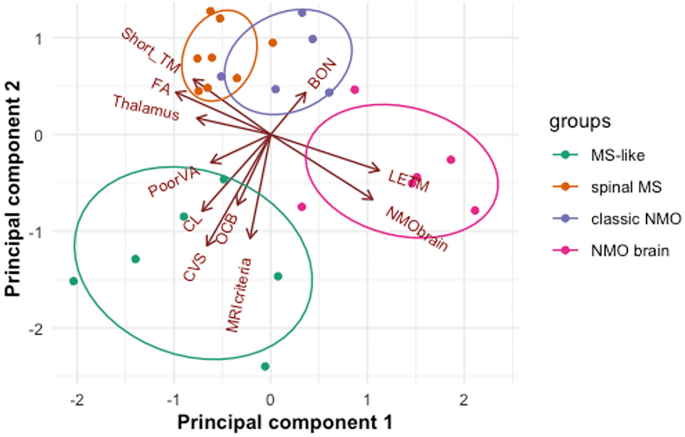
Predicting prognosis in asymptomatic subjects with multiple sclerosis-like brain lesions using cognitive testing and advanced magnetic resonance techniques
Project Leader: Maciej Juryńczyk, MD, DSc
LOBI


DETAILS OF PROJECT
Brain magnetic resonance (MR) is a major diagnostic tool in neurological disease. Due to its high accuracy brain MR has the capacity to reveal the cause of patient’s symptoms (e.g. brain tumour) but on many occasions may show findings of unclear clinical significance, so called incidental findings. MR findings typical of multiple sclerosis (MS) are particularly challenging to interpret if they occur in subjects who never had a history of neurological symptoms typical of MS, such as weakness or visual disturbances, and underwent brain MRI for other reasons, e.g. after head trauma. These subjects are currently diagnosed with radiologically isolated syndrome (RIS). Current knowledge indicates that a subset of RIS subjects have sublinical MS, others might have an alternative diagnosis or no chronic disease at all. Due to lack of biomarkers classifying an individual subject into one of these groups is currently not possible.
The aim of this project is to:
- Identify RIS subjects using cognitive testing and nonconventional MR who despite being
asymptomatic show the evidence of damage to the nervous system. Nonconventional MR analysis of the brain and the spinal cord will include the assessment of brain structure volumes (e.g. thalamus), integrity of neural pathways, metabolite concentration, spinal cord cross-sectional area and myelin concentration in different regions of interest. - Identify features of incidental brain lesions (e.g. location, number, size) on clinical MR which associate with hidden damage in the nervous system as revealed by cognitive testing and nonconventional MR imaging and spectroscopy
- Identify hidden subgroups in the RIS cohort using unsupervised machine learning on multiple nonconventional MR features to propose classification of RIS and guide treatment decisions
- Identify nonconventional MR features in the brain and the spinal cord which would predict that a RIS subject will develop MS symptoms in the next 24 months
